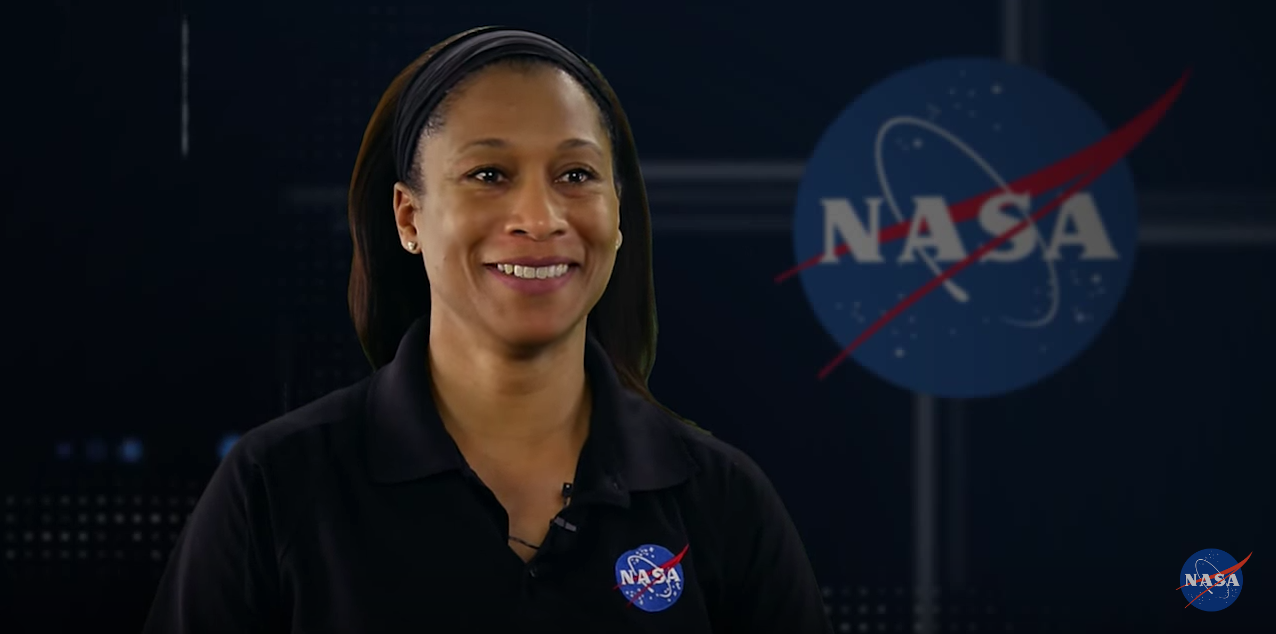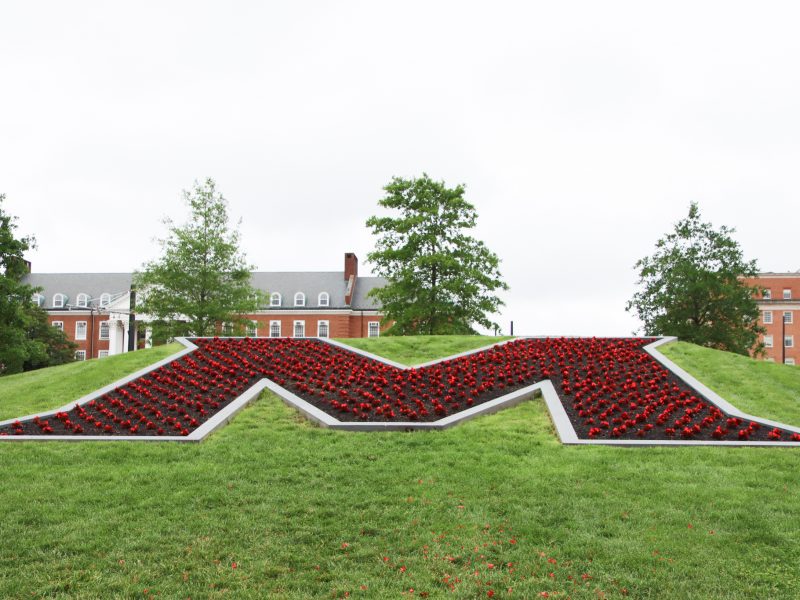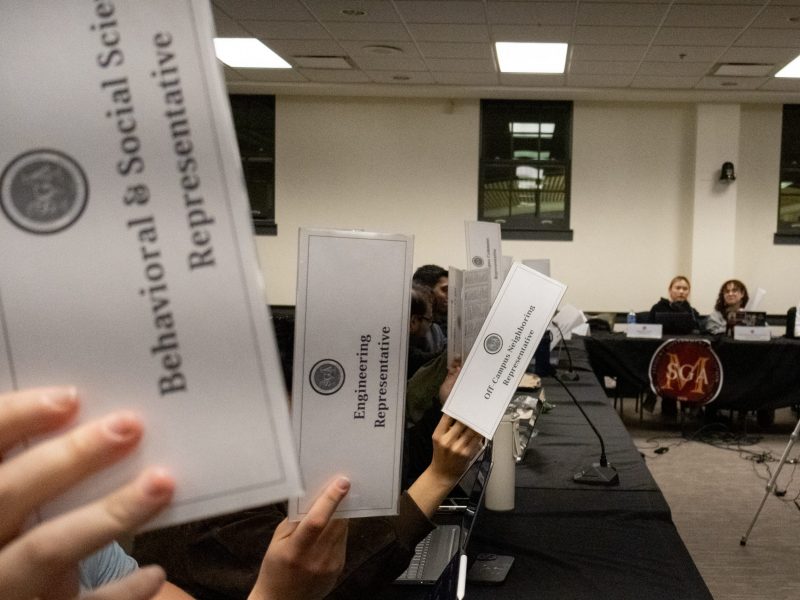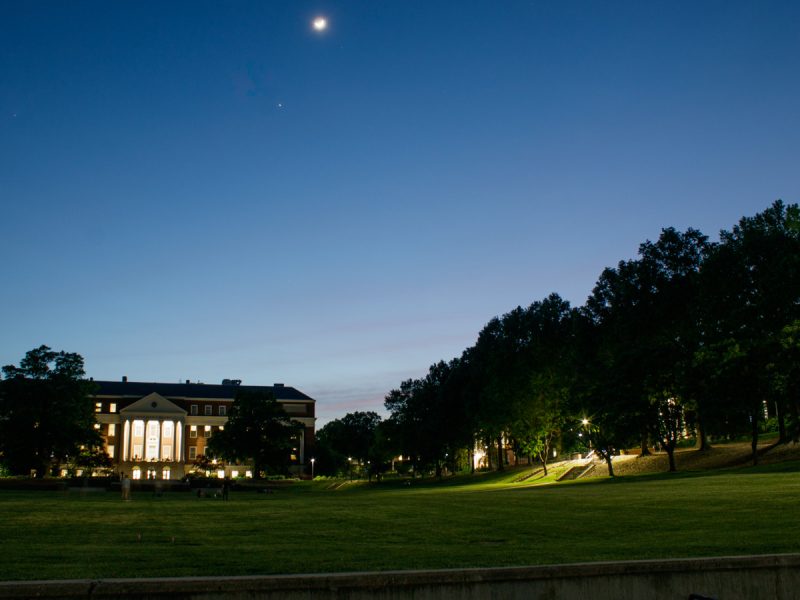University of Maryland alumna Jeanette Epps will be the first African-American astronaut to work as an International Space Station crew member.
Epps, who received her doctorate in aerospace engineering from this university, will depart in May 2018 to join veteran astronaut Andrew Feustel as a flight engineer on Expedition 56. She will remain on board for Expedition 57.
University President Wallace Loh tweeted on Tuesday that he is “inspired” by Epps, whose historic trip to the space station also marks her first deployment into space.
Inspired by Terp astronaut Jeanette Epps who will embark on her 1st space flight in 2018 & become 1st African American on the @Space_Station
— Wallace D. Loh (@presidentloh) January 10, 2017
Thirteen other black American astronauts have traveled to space, though none have served as space station crew members, according to a Monday Slate article. More than 200 astronauts have visited the space station since November 2000.
Epps revealed in a NASA video that early female astronauts such as Sally Ride piqued her interest in the field — and encouragement from her brother helped to seal the deal.
“It was about 1980, I was 9 years old, and my brother came home and he looked at my grades and my twin sister’s grades. He said, ‘You know, you guys can probably become aerospace engineers, or even astronauts,'” Epps recalled. “… I said, ‘Wow. That would be so cool.'”
Epps’ pursuit of space travel and an aerospace engineering degree is a rare occurrence, as black women are “woefully underrepresented” in STEM fields, Slate reported. Only 2 percent of African-American women grace the STEM workforce, according to a 2013 Center for American Progress article.
Prior to joining NASA in 2009, Epps worked with the CIA for more than seven years as a technical intelligence officer. She received her bachelor’s degree in physics in 1992 from LeMoyne College in New York and her master’s of science in 1994 before obtaining her doctorate from this university in 2000.
“Each space station crew brings something different to the table, and Drew and Jeanette both have a lot to offer,” said Chris Cassidy, chief of the Astronaut Office at NASA’s Johnson Space Center in Houston, in a Jan. 4 news release. “The space station will benefit from having them on board.”



